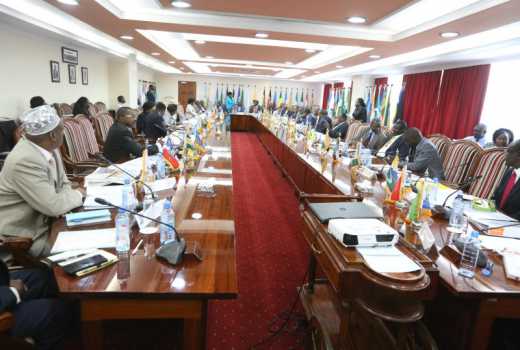×
The Standard e-Paper
Kenya’s Boldest Voice

The Ethics and Anti-Corruption Commission (EACC) report ranking the counties on corruption, which closely mirrors Transparency International (TI) ranking of countries, was full of surprises.
Let us try and soberly dissect the ranking. First, I want to see the questionnaire used to collect this data. How were the respondents selected? When were they interviewed?